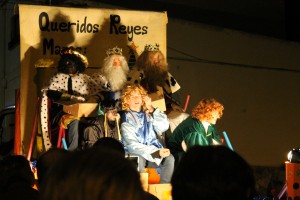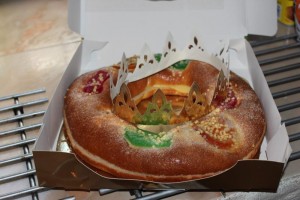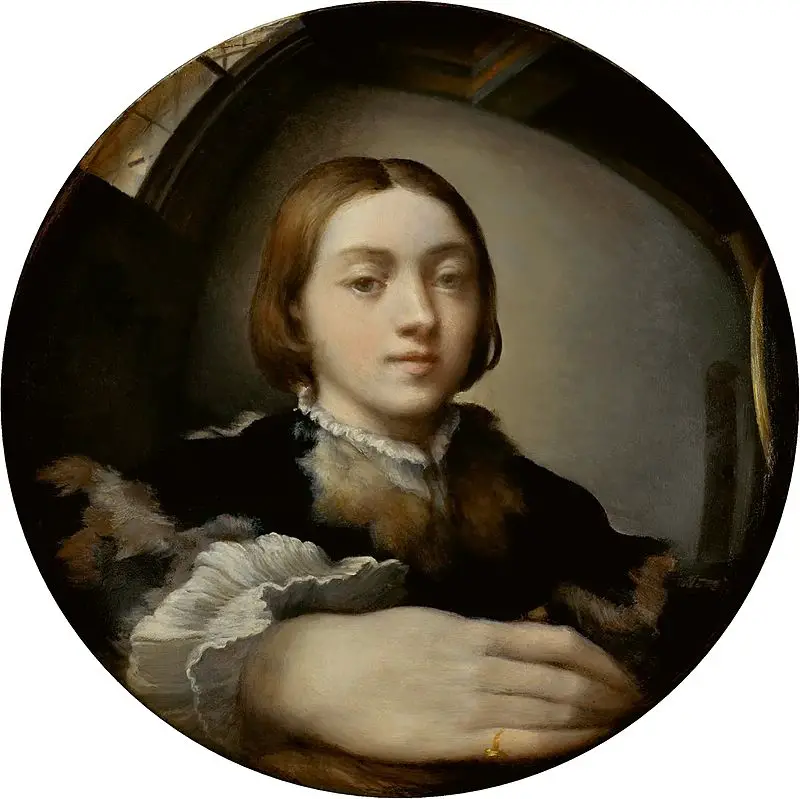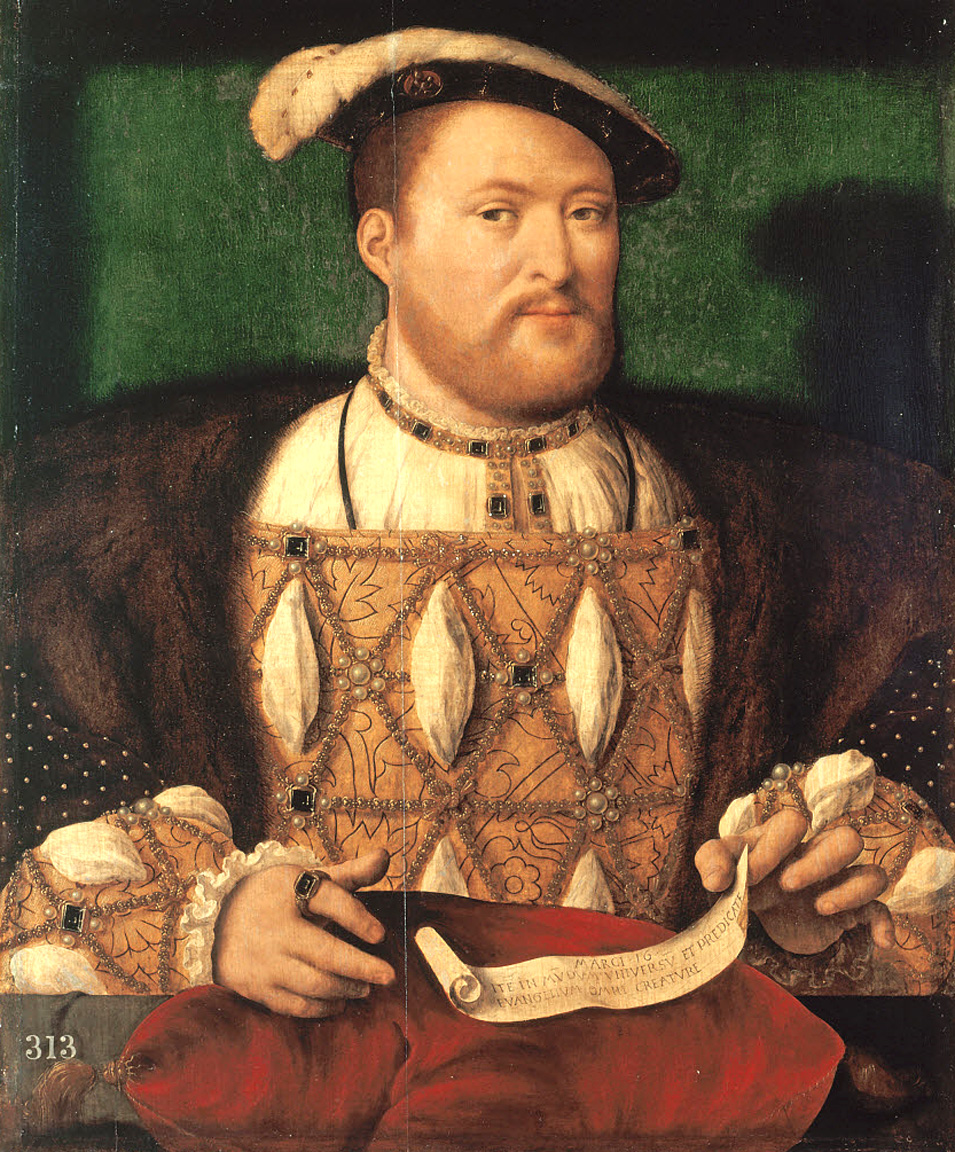In this week's video, Claire talks about Epiphany and Twelfth Night, how they were celebrated in the Tudor and medieval periods, and how they are celebrated today.
Here are YouTube videos showing the processions of the Three Kings in various Spanish cities on the night of 5th January:

The Kings come to our village

Our Roscon de Reyes
Members can enjoy my talks on court revelry in the Tudor period:
Notes and Sources
- "Twelfth Night: a day for literary epiphanies", The Guardian, Tuesday 6th January 2015, http://www.theguardian.com/books/booksblog/2015/jan/06/twelfth-night-liteary-epiphanies
- Oxford Dictionary, http://www.oxforddictionaries.com/definition/english/twelfth-night
- Roud, Steve (2006) The English Year, p.10-11.
- Details of Henry VII's 1494 pageant from Welsford, Enid (2015) The Court Masque: A Study in the Relationship between Poetry and the Revels, p.120.
- Details of Edward VI's entertainments can be found in Feuillerat, A ed. Documents relating to the revels at court in the time of King Edward VI and Queen Mary (the Loseley manuscripts) edited with notes and indexes, A. Uystpruyst, 1914, p.92-94, 278.
- Details of Henry VIII's 1512 masque - Hall, Edward, Hall's Chronicle, p.526-527. An account from the previous year can be found on p. 516-7 - see http://www.archive.org/stream/hallschronicleco00halluoft#page/516/mode/2up.
- Hutton, Ronald (2001) Stations of the Sun: A History of the Ritual Year in Britain, Oxford University Press, p. 15-16.
- British Monarchy website, http://www.royal.gov.uk/RoyalEventsandCeremonies/Epiphany/Epiphany.aspx



That was lovely hearing about the 12th night, and that it is still being celebrated. I have a recipe for a 12th night cake in one of my older cook books, very similar to the traditional Christmas cake. Up here in Scotland a lot of folk have their decs down before the New Year Celebrations kick off. Perhaps related to the ‘old school’ where Christmas was seen as a quite affair, with Christmas Day not becoming a public holiday in Scotland until 1958, and Boxing Day in 1974!! Christmas Dinner and gift opening was held back until Dad got home from work…this stemmed from Christmas being banned up here from 1563? (I think) by Parliament influenced by the Scottish Reformation as a Popish Festival. It stated that ‘….the kirk within this kingdom is now purged of all superstitious observation of days’…etc but as the church lost its grip on the people over time it quietly snuck back in, hence the law granting it as a public holiday in the 50’s. It seems the Kirk did not have a problem with celebrating the New Year, so this was enthusiastically and fully embraced by the people and Hogmonay has become synonymous with Scotland ever since…perhaps the removing of the decorations is more to do with safety reasons now, its not a good look laying on the floor entangled with a Christmas Tree, and Mrs. McDonald’s precious baubles all shattered and crushed!!! not to forget up here we get the 2nd of January as a bank holiday too…don’t know why 😊
*Quiet affair..not quite!
Thanks so much Claire for the interesting background on the significance of the Epiphany in the 16th century and in some parts of the world today! It certainly makes me want to go to one of the festivals to experience it!